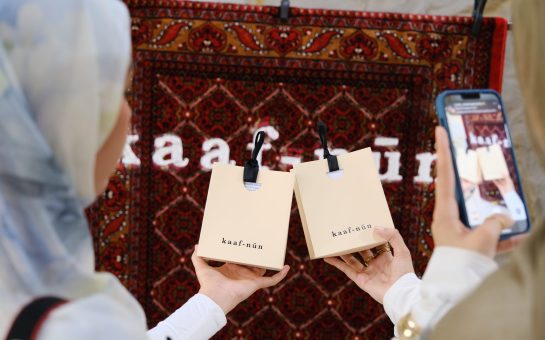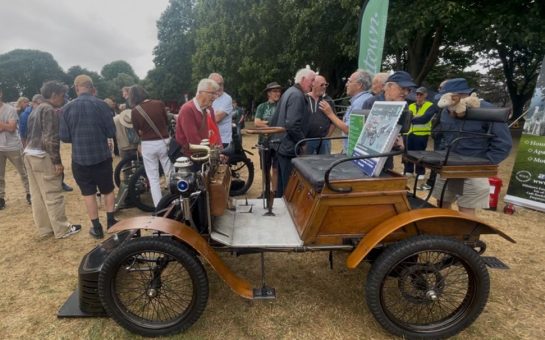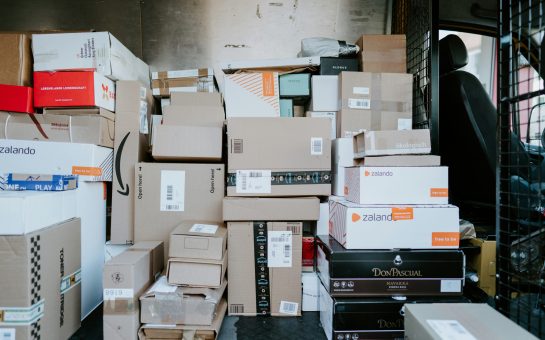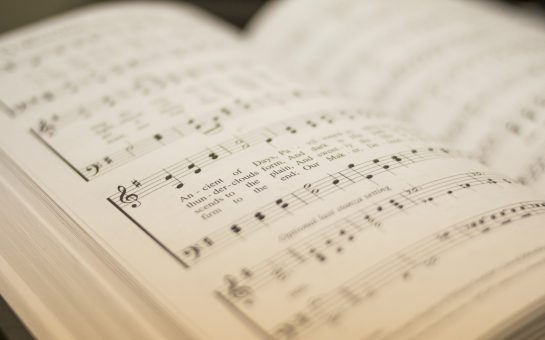A south west London legal charity is raising awareness about human trafficking in the UK, as it provides support to survivors.
Lawyers and caseworkers in the Asylum and Immigration Team at South West London Law Centres (SWLLC) assist clients who have experienced trafficking to secure their status in the UK.
Today is the World Day Against Trafficking in Persons 2021, which the charity describes as “a timely reminder that there are many in our society who are in desperate need of a lifeline”.
Human Trafficking is an offence defined by the UN as “the recruitment, transportation, transfer, harboring, or receipt of persons by improper means for an improper purpose including forced labour or sexual exploitation.”
Rajiv Bera, 35, is a senior caseworker in the Immigration Team at SWLLC.
They specialise in assisting LGBTQI+ people with their asylum claims to stay in the UK, some of whom have experienced trafficking.
Bera recalled a case in which a client experienced both sexual and labour exploitation in the UK but was criminalised rather than supported.
They said: “What stood out were the very clear indicators of trafficking that had not been picked up by the police, his criminal defence solicitor who advised him to plead guilty, or the judge involved in sentencing.
“I felt such rage and anger at the injustice of the client’s circumstances and how little recourse they received for what they had experienced.”
Rajitha Kumar, 43, a solicitor in the immigration and asylum team has been representing victims of trafficking for more than seven years.
Half of her caseload is unaccompanied children, who may have been trafficked for drug smuggling, domestic servitude and sexual exploitation.
Kumar highlighted the level of distress experienced by the children she supports, one of whom was unable to communicate verbally with her about his case for several months after having been sold into domestic servitude at a young age outside of the UK.
She said: “This was one of the most horrendous cases I have ever come across, but we were eventually able to assist this client into psychological counselling and he started going to college and began to rebuild his life.”
Kumar also advises more than ten adult clients who are currently in the National Referral Mechanism, the UK’s framework for assessing alleged victims of trafficking and securing their status in the UK.
She added: “The Home Office does more rigorous interviews with victims of trafficking due to a sense of disbelief that this could have happened to them.”
She believes that officers should be trained in sensitive ways to interview clients and give them an opportunity to express themselves.
Recent statistics published by the Home Office on the National Referral mechanism show that there were 2,945 referrals of potential victims in the UK in the first quarter of 2021, 45% of whom claimed exploitation as children.
Dr Ruth van Dyke is a visiting fellow at the Bakhita Centre for Research on Slavery, Exploitation and Abuse at St Mary’s University, Twickenham.
Her work has focused on police competencies in tackling trafficking.
According to van Dyke, there has been positive change within some police services, with an increasing number of forces treating trafficking as a priority and deploying specialist units to tackle it.
However, she said: “There are some forces that don’t want to turn over the rock to find it, because actually it’s quite resource intensive and it takes a long time, and it’s not necessarily something of interest to local people.
“We all seek to have a good life for ourselves and our family. A life that’s not just about survival.”
She also believes that policy to support victims and survivors needs to go beyond rescue and recovery, to include long-term assistance with education and welfare.
Lawyers at the SWLLC have experience assisting survivors to remain in the UK so that they can rebuild their lives.
At age 15 Maryam* was forced to work as a ‘dancing girl’ in Pakistan before being sold into an abusive marriage at the age of 18.
After suffering abuse for 17 years, she fled to the UK with her children and was originally refused asylum, before SWLLC assisted her to appeal and she won her case.
She said: “I finally have an opportunity to rebuild my life in the UK and also to provide my children with the stability they have not had for many years.
“They can now focus fully on their education and I myself intend to go to college and learn English so I can start making a positive contribution to the society that has given me this opportunity.”
The Modern Slavery Helpline from charity ‘unseen’ is fully independent and confidential. It is free to call on 08000 121 700.
*Name has been changed




